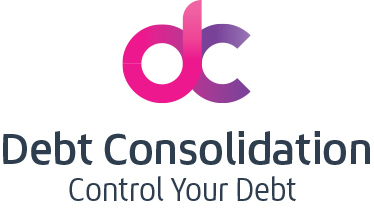Debt consolidation: the act of taking all of your bigger debts and putting them in one place. The goal of debt consolidation is to pay back the money– but to lower the interest rate. For example, if you have three debts, you’ll be paying for all three rates. But if you consolidate all your debts, there will be only one interest rate. Now do the math and find out why that would be so convenient.
Among other things, here are the questions that banks and advisors are being asked when it comes to debt consolidation loans:
- I need a debt consolidation loan. What do I need to keep in mind?
You’re probably going for debt consolidation loans to put your debts under control, but you need to bear in mind that consolidating your debts will come at a price. You may have to pay for interest rate, exit or ongoing fees and other costs that come with changing one debt with another. Make sure to check all the costs and that your consolidation will allow you to save money in the long run, not waste it.
- My bank now offers debt consolidation loans. Should I just go with them?
There are some advantages to going to your current bank for a debt consolidation loan, but you might still want to consider other options before jumping the wagon. For instance, if you have bad credit, but your past relationship with the bank is good, then you might have a better chance of getting a loan approved here than at some other lender. On the other hand, if you see a more attractive rate at another bank, you should go with that one.
- What can I do if I have bad credit?
A lot of people go for debt consolidation simply because they have bad credit and can no longer keep up with the charges. In that case, you may want to choose a company that offers bad credit loans, or loans that are not necessarily dependent on your credit history or collateral. If you can get someone to co-sign for you, then that would be even better.
- Is there any difference between debt agreement and debt consolidation?
Yes, and a big one. Debt consolidation, as mentioned, is the act of combining all your major debts into a single account whereas debt agreement is an act of bankruptcy. You only go for debt agreements when you don’t wish to file for bankruptcy but still want to find ways to pay off your debts and make them manageable.
- Who should I go to if I’m anxious about my debt?
It’s common to experience debt anxiety at some point, so if you feel like you need some extra assistance, you may want to ask your financial counsellor about it. There are several free services available that can offer you help in these circumstances.
Debt consolidation may help you a lot in the long run, as long as you choose one with attractive rates.

